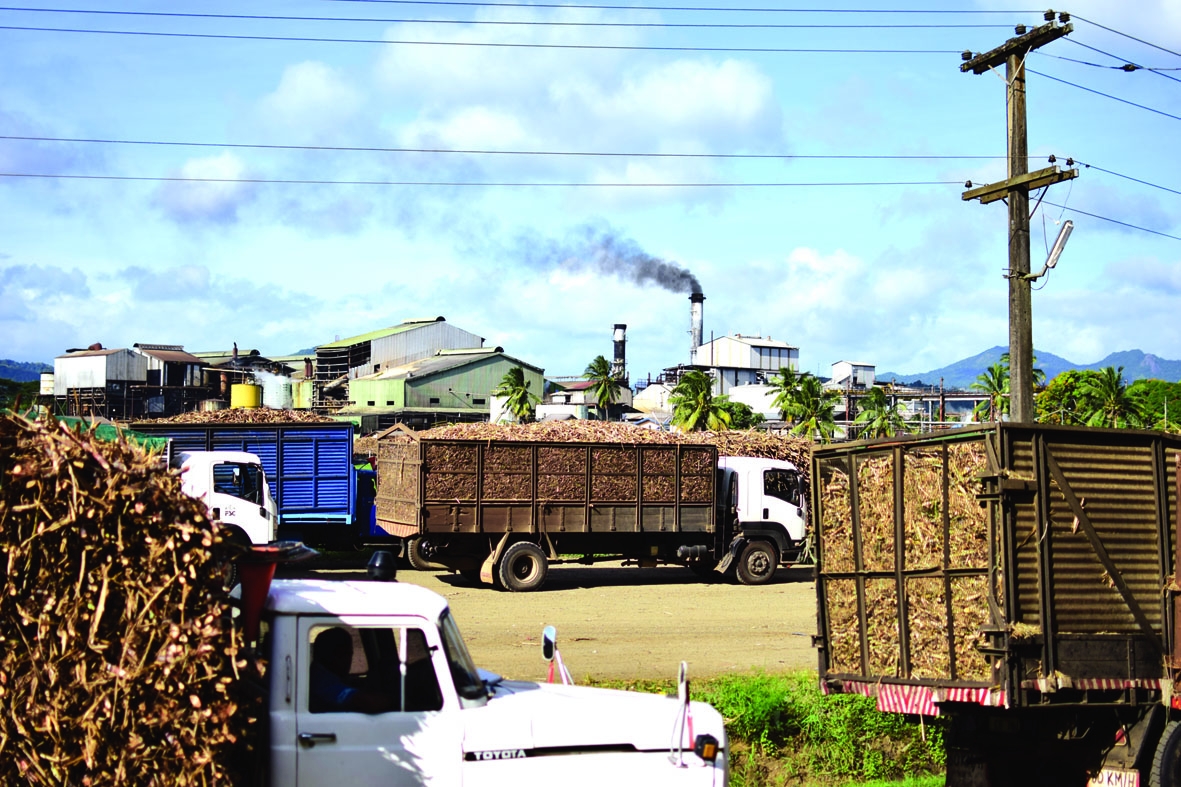The Reserve Bank of Fiji has released another series of sobering figures, and says the coronavirus pandemic shows little sign of abating going into 2021.
The Bank has recorded declines in jobs, government tax revenue, lending for investment and consumption, and in the construction, sugar, gold, tourism and electricity sectors. Continuing a trend seen much of this year, personal remittances are up.
The Bank says its Job Advertisement Survey registered a 65.7% decline in vacancies for the year to November.
Value Added Tax collections cumulative to November 2020 dropped by 38.6%.
New lending by commercial banks for consumption fell 27.8%, driven by lower lending to the commercial sector (a decline of 21%) and private individuals (which saw lending halve in value).
The story is similar for new lending for investment, with lending to building and construction down by 24% and for real estate down by 20.9%. Furthermore, banks have increased their provisioning for credit losses due to increased credit risks and a rise in non-performing loans.
Domestic cement sales declined by 13.9% cumulative to November.
For the year to November, cement production was down 15.8%, electricity 10.1%, and gold 7.1% due to delays in getting essential equipment into the country. Conversely, the timber sector grew, with pinewood supply up by 22.2% and woodchips 47.4%. However sawn timber and mahogany declined.
While 2.1% more cane was harvested at the end of the 2020 crushing season, its poorer quality meant sugar production declined by 5.1%.
The Reserve Bank says liquidity levels remain ample, despite a 5.8% dip in November. At December 31, total liquidity in the banking system stood at F$836.8 million. The trade deficit continues to narrow, due to “a notable increase in inward remittances and Government’s external borrowing” which has stabilised foreign reserves. Total remittances in the year to November sit at F$572.8million, while just $311.3 million has been earned through tourism cumulative to September.
